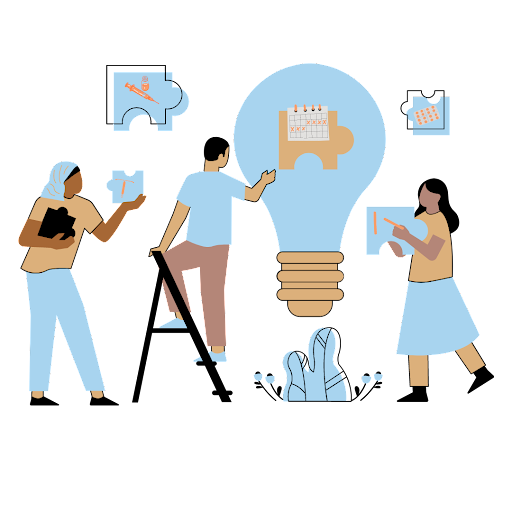Stephen: Around 2020 I was conducting follow-ups with families of children with disabilities supported by Kuhenza. During this, I met a woman, and she shared a distressing story. She was married to a man, and they had children, including one with a disability. Initially, they accepted and cared for the child. However, as time passed, their relatives began making negative comments. They accused the woman of bringing a curse to the family, something they couldn’t tolerate. At first, the man didn’t pay much attention to these remarks. They even moved to a town where he worked, distancing themselves from the relatives. Nevertheless, the relatives followed, intensifying their threats. They argued that no one in their family had ever had a disability, and the blame was placed on the woman.
Gradually, the man started to believe these allegations. This led to conflicts between the couple and instances of physical abuse. The woman would return home, primarily because she had nowhere else to go and needed to provide for her child with a disability. She was entirely dependent on the man. The cycle of abuse continued, with violence recurring. At one point, she was forcibly expelled from their home, and she endured scalding water being poured on her. Shockingly, the man even considered setting their house on fire to eliminate the woman and her disabled child. Fortunately, she managed to escape with her children, including the child with cerebral palsy. When neighbors questioned the man’s actions. Why? Why? Why do you want to burn your family? He explained that he wanted to rid his family of a child with a disability. This was my first time though. I’ve been hearing from other people mentioning such incidents, but this one now, it was real. I’m hearing from the host’s mouth and I was like, whoa these things happen in our community. Later on, the woman was hoping to get help for the child. She was at least in a place where she could get therapy.
Jessica: That’s a heart-wrenching story. Was this one of the cases you worked on during the COVID-19 pandemic?
Stephen: Yes, indeed. This was one of the cases I handled while working during the COVID-19 pandemic.







